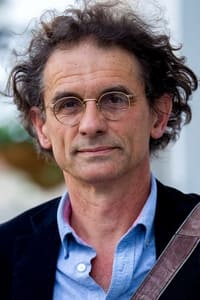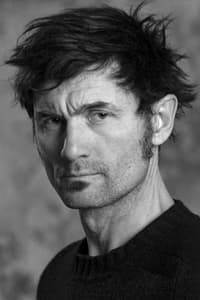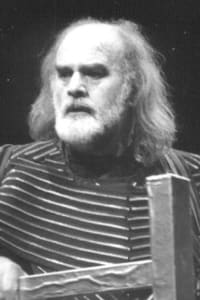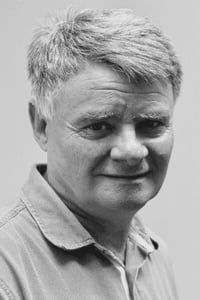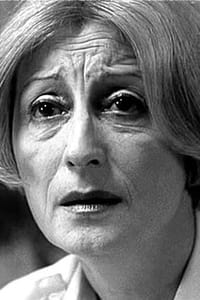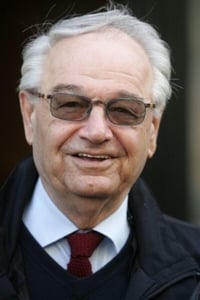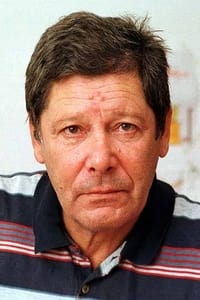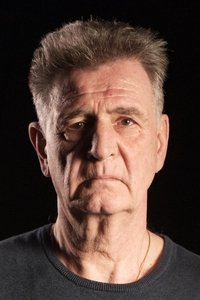The Seventh Cronicle
Genres
DramaHistory
OverView
In former Yugoslavia, following Tito's break-up with Stalin, the rocky island of Goli Otok was the camp site for political prisoners. From that officially non-existant yet dreaded place a young man escapes and seeks refuge on a nearby island. The nuns from the local convent find him unconscious and decide to give him shelter. A relentless secret policeman comes to the island and starts making life miserable for its inhabitants, hoping to find his prey...
Others
Budget
$--
Revenue
$--
Status
Released
Original Language
Croatian
Runtime
97 mins
Rating
0/10
Release Date
01 January 1996
Country
Croatia

